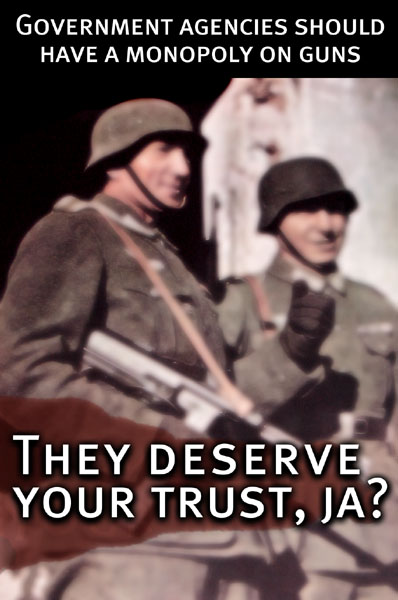Intellectual activism in defense of the American way of life.
I finally registered for my
I finally registered for my first classes of graduate school today on my way to a masters in MIS. I will be taking VB.net and Database Design the first summer semester and taking off the second to go to California. Getting into grad school turned out to be a big fiasco becuase my recomendation letters were somehow lost by the admissions office, and my application nearly got lost in the "incomplete" pile. Apparently the address given on the application downloaded from the website was old or inaccurate. Well either way, I should be out of here in a year if everything goes well and I take a full load.
By the way, I saw The Pianist last night, and the movie really sucked, despite by best expectations. Growing up Jewish, I saw dozens of movies about the Holocaust and grew terribly sick of them when I realized that nobody had a clue of what caused it or even attempted to answer why. More often than not, it was portrayed as a natural disaster, not to be understood and learned from, but merely blindly countered with "never again" without knowing what was the evil thing that should not be repeated. I know now of course, which is why I was all the more angered when I saw the same attitude towards 9/11.
Anyway, I thought the movie would have much more piano playing and less drawn out and impresonal history of the Warsaw ghetto and several scenes which reminded me of how I sometimes scrounge around my apartment looking for leftoover food. The only part I liked was the smuggling of the guns, which reminded me of a flier I saw some time ago (shown below). The Nazis, Chinese and Soviets never banned all guns — they just made sure that they were controlled tightly enough so that no "subversives" could get their hands on them. By this standard, gun laws in England and parts of the US (like NYC) are already equal to or worse than those under the Nazi’s and Soviets.
If you’re wondering why all the interest in guns all of a sudden, it’s becuase I decided to get one a while back and started doing research on both the legal and psychological aspects of gun control. I found that the gun-control movement exists as a natural extension of the collectrivist-liberal philosophy — in this case, intrincisim (guns are inherently evil becuase men are unevitably unstable and amoral), determinism (violence is inevitable, we can only choose to take away the weapons), Statism (the State owns the people) and malevolence (a desire for criminals to have an advantage over honest citizens). The last seemed shocking to me too, but it is easy to see in explicit terms when one looks at the pacifist’s foreign policy agenda in areas like terrorism, the UN, and Israel.
Some psychologists have looked at the anti-gun mentality as a passsive-agressive mental disorder, but I see it as a typically irrational reflection of the subjectivist’s own mentality. Lacking values themselves, the liberals/subjectivists/posmodernists seek to destroy value out of pure envy. Their tolerance is actually an intolerance of principle, and they seek to riducule and destroy the concept of value itself (hence subjectivism disquised as "tolerance" and "diversity"). A principled and moral man flies in the face of the degrading collectivist view of human nature and cannot be taken on directly, so they seek to eat away at his principles by deterministic nanny-state policies such as welfare and gun control. For the great majority of liberals, the connection between their philosophy and its political outcome is subconscious, which means that rational challenges to their views can be that much more powerful by contrast. Unfortunately, the philosophy of rights, reason, and reality is so lacking these days that both sides muddle on without really knowing what issues they are debating. Liberty is lost in the end because the bureaucracy is inherently unstable and politicians always power hungry, so that one side is always pushing for slavery while the other can only respond "not so fast!" as they give up their lives one regulation at a time.

| Print article | This entry was posted by David Veksler on 5/30/2003 at 5:49 pm, and is filed under My Life.... Follow any responses to this post through RSS 2.0. You can skip to the end and leave a response. Pinging is currently not allowed. |
 View David Veksler’s profile
View David Veksler’s profile